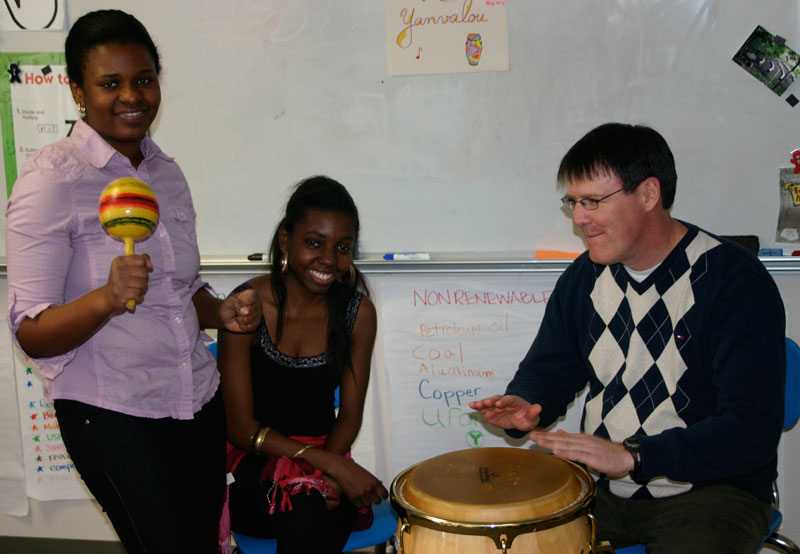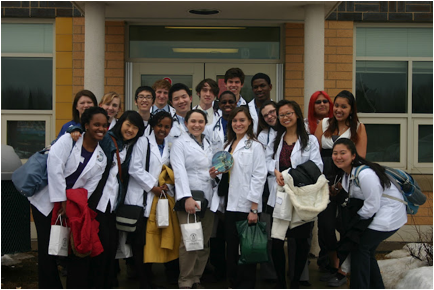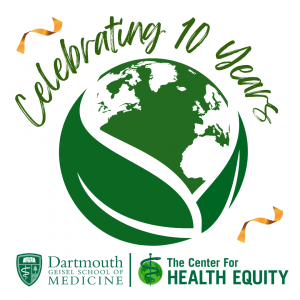Rain that doesn’t hit the ground.
That’s how American Indian community leaders in Minneapolis describe programs that never benefit—or even reach—the people.
Through service, education, and cultural convergence, Geisel hopes to ensure that the rain not only reaches the earth but also helps sprout a sustainable energy that improves lives.
For the past five springs, first-year medical students have brought their talents, passion, and openness to Minneapolis—home to the largest urban Indian population in the U.S.—and to the White Earth, Red Lake, Leech Lake, and Bois Forte Indian communities of northern Minnesota.

Spurred in 2009 by a burgeoning student desire for more experiences in diverse communities facing health disparities, Shawn O’Leary, director of the Geisel Office of Diversity, Inclusion, and Community Engagement (DICE), created the blueprint for what a successful student program in Indian country would look like. He then set off to establish and re-establish relationships on the ground in Minnesota with the Indian Health Service, Dartmouth and medical school alumni, community development groups, education leaders, universities, and tribal governments, health personnel, and elders.
It had been a few years since O’Leary—a member of the Bois Forte band of Ojibwe—traveled Minnesota’s rural and city roads as part of his work forging allies to help improve Indian students’ readiness and success in college, or to modestly close the chasm separating Native communities from decent health access and outcomes.
Four years later, O’Leary reflects on the success of the program and on what the experience continues to mean to students— and to the communities.
“Anytime you bring in a bright young person who has so much potential and you have a chance to engage and talk with them, you’re hopeful. You’re hopeful for a new tomorrow,” he says. “Hope is always good. Hope brings about a sense of empowerment. I guess that’s the one word I hope we’re leaving behind. We’re empowering people to move forward and change their lives and become what they want to become. Our students leave a piece of themselves here in so many ways.”

According to first-year medical student Rebecca Wang, “the trip is really important in promoting awareness of different cultures. As doctors, we will be working with people from a variety of different cultures.” Her favorite part of the trip was talking with elementary school students at Bois Forte. “We want to make an impact on the community and also learn from them,” she says. “We’re with the kids to spark in them an interest in being a doctor or an interest in science, as well as encourage them to live healthy and make healthy decisions.”
In addition to Minnesota, Geisel has long-standing partnerships with the Indian Health Service and has provided clerkship experiences with IHS hospitals and clinics in New Mexico and Arizona for several decades. Also Geisel faculty and students – along with students from the Dartmouth Tuck School of Business -- have been working with the IHS to study health care delivery practices on reservations, helping to provide insight on how care can be delivered most effectively and efficiently.
Learn more:
Student Experience: Reflections on Minnesota
Catching Dreams, Battling Disparities
Medical Students’ Report on Indian Health Service Experience
Sixteen Dartmouth Med Students Travel to Minnesota on IHS Experience: A Student Blog
